The Supreme Court, in a 4-3 majority decision, has overturned its 1967 ruling in the S. Azeez Basha vs. Union of India case, which had denied Aligarh Muslim University (AMU) minority status. However, the court left the final decision on AMU's minority status to a three-judge bench, which will reassess the matter based on the principles laid out in this new judgment.
A seven-judge Constitution Bench delivered four separate opinions on the case. Chief Justice DY Chandrachud, writing for himself and Justices Sanjiv Khanna, JB Pardiwala, and Manoj Misra, penned the majority ruling. Justices Surya Kant, Dipankar Datta, and Satish Chandra Sharma gave dissenting opinions.
The case revolves around AMU’s status as a minority institution, a question that has been debated for decades. The AMU Act of 1920 established the university as a teaching and residential Muslim institution. However, a 1951 amendment removed the requirement for compulsory religious instruction for Muslim students.
In 1981, Parliament amended the AMU Act to recognize the university as a minority institution, but the amendment was seen as incomplete. The Allahabad High Court struck down this provision in 2006, stating that AMU could not be considered a minority institution since it is a central university funded by the government. This decision was challenged in the Supreme Court.
The BJP-led NDA government, unlike the previous Congress-led UPA government, argued against AMU’s minority status, citing the 1967 Basha case, which ruled that AMU could not claim minority status because it was created by an Act of Parliament and heavily funded by the government.
Veteran lawyer Kapil Sibal, supporting AMU’s minority status, argued that its Muslim character should not be judged solely by the composition of its governing council. On the other hand, Solicitor General Tushar Mehta maintained that a central university, declared as an institution of national importance and funded by the government, cannot belong to a specific religious group.
The Supreme Court has now referred the matter to a smaller bench to decide whether AMU’s minority status should be restored based on its historical and legal foundations.
- Tags:
- Latest news



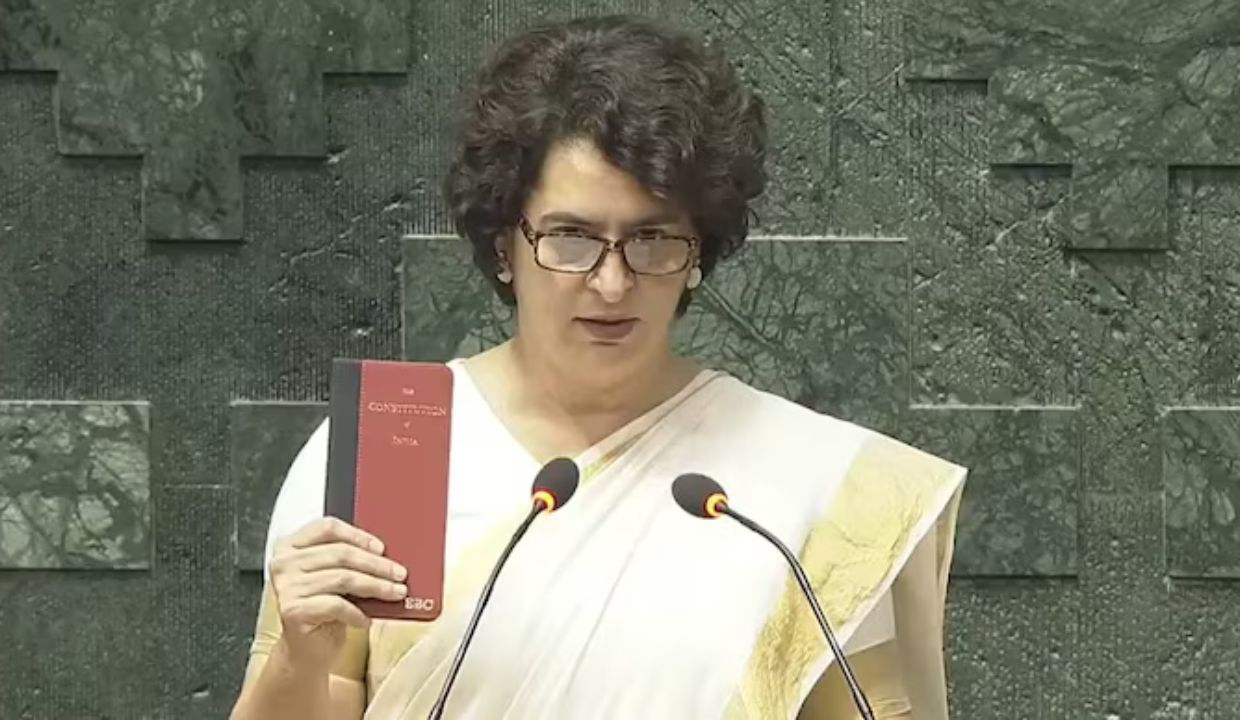












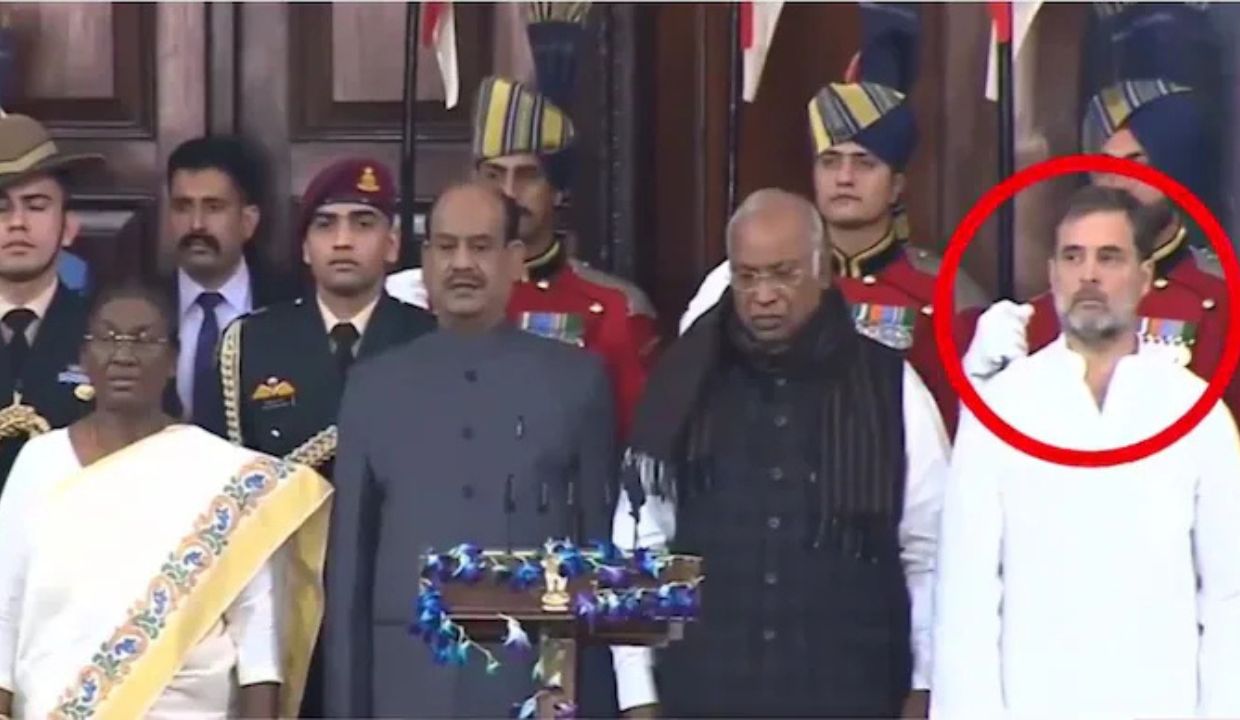




















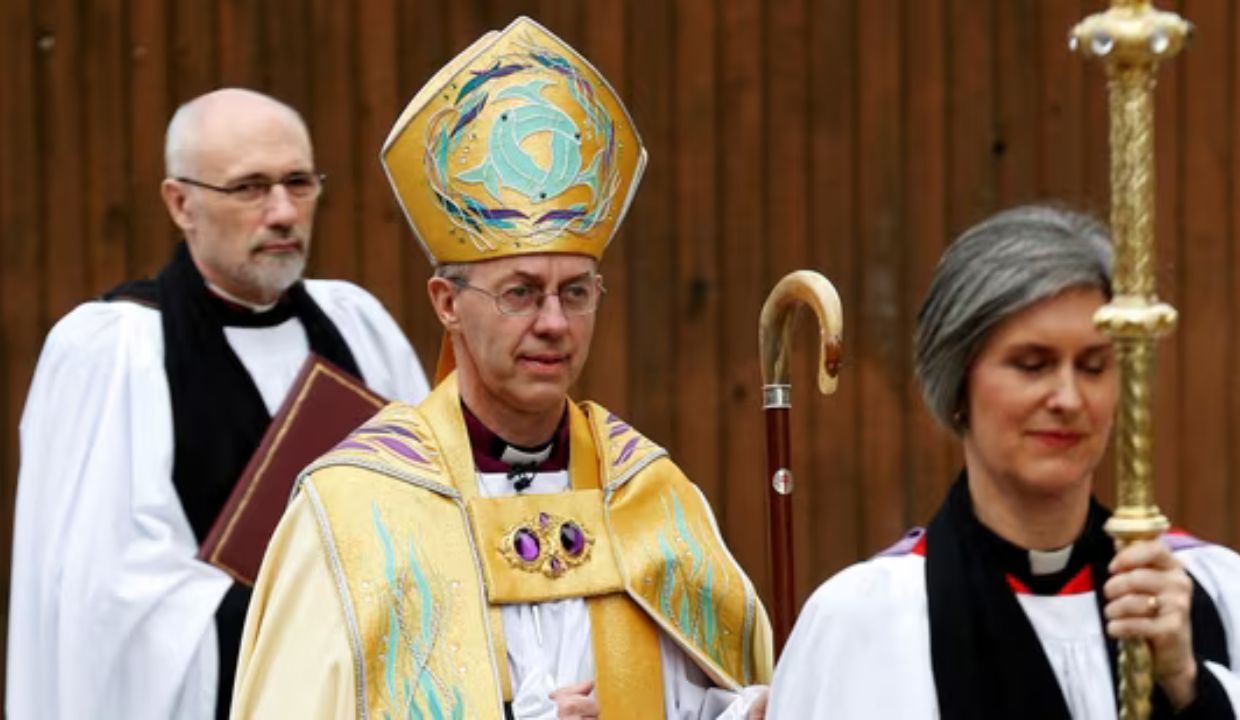










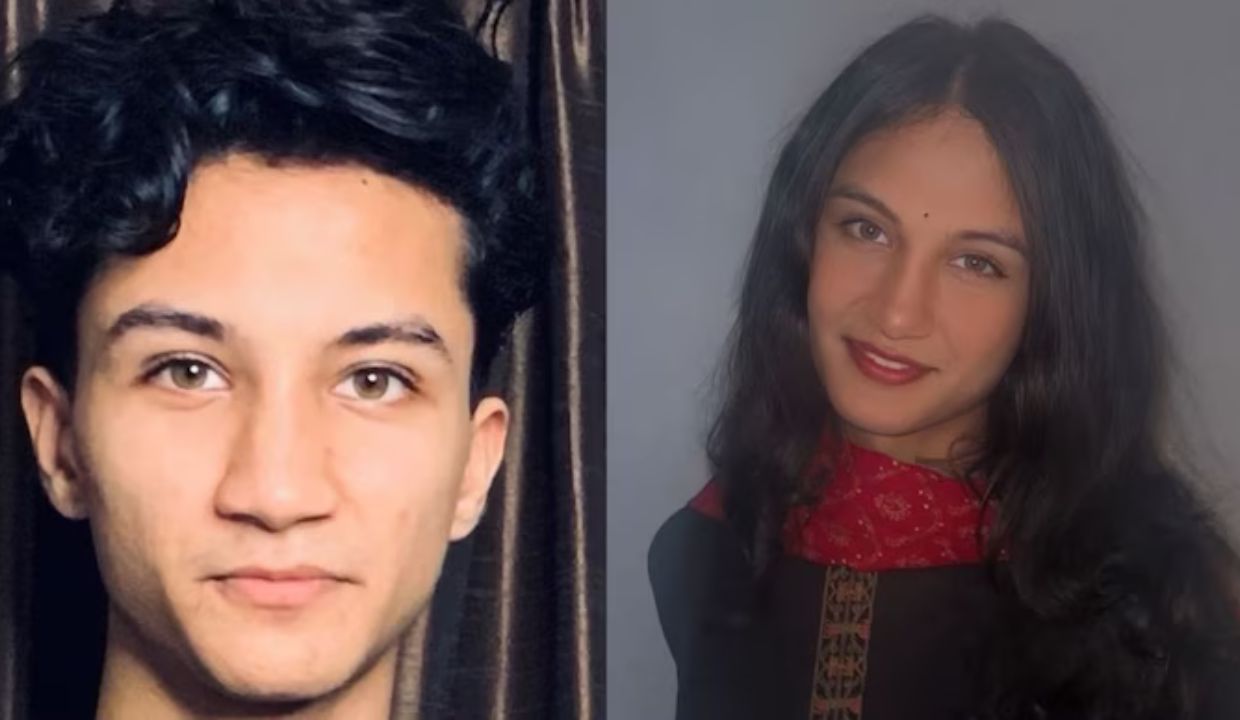



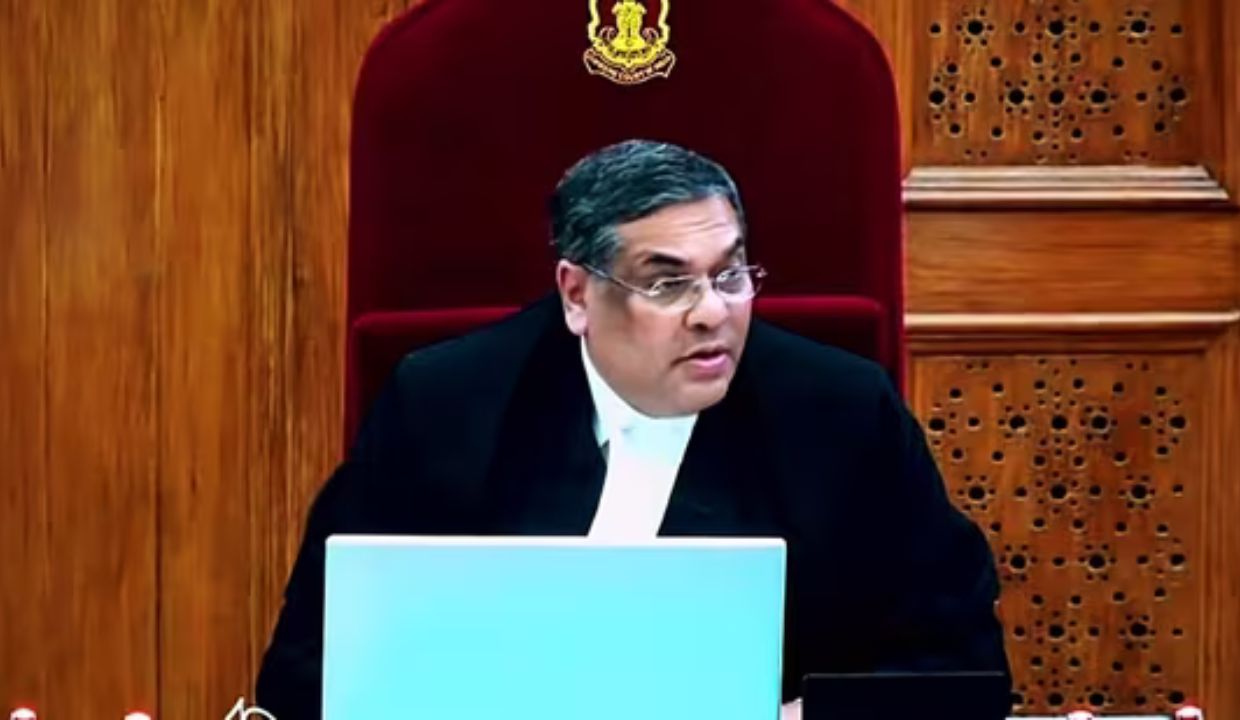


























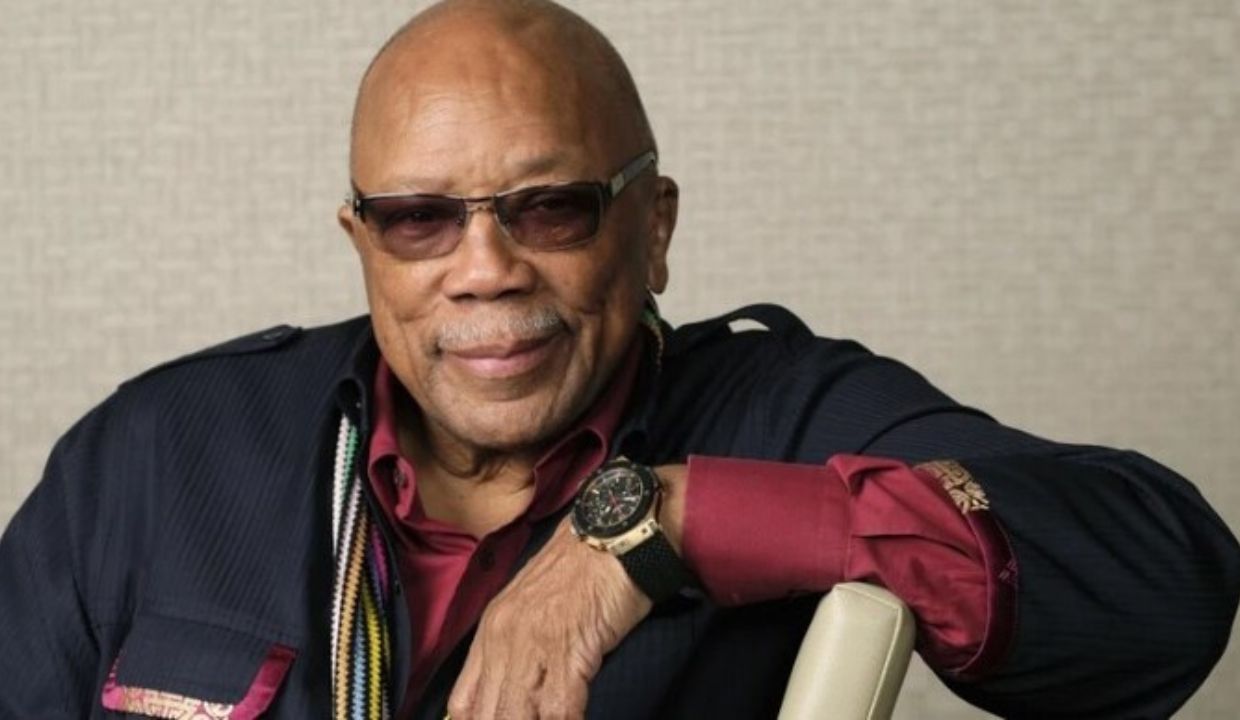


















































































































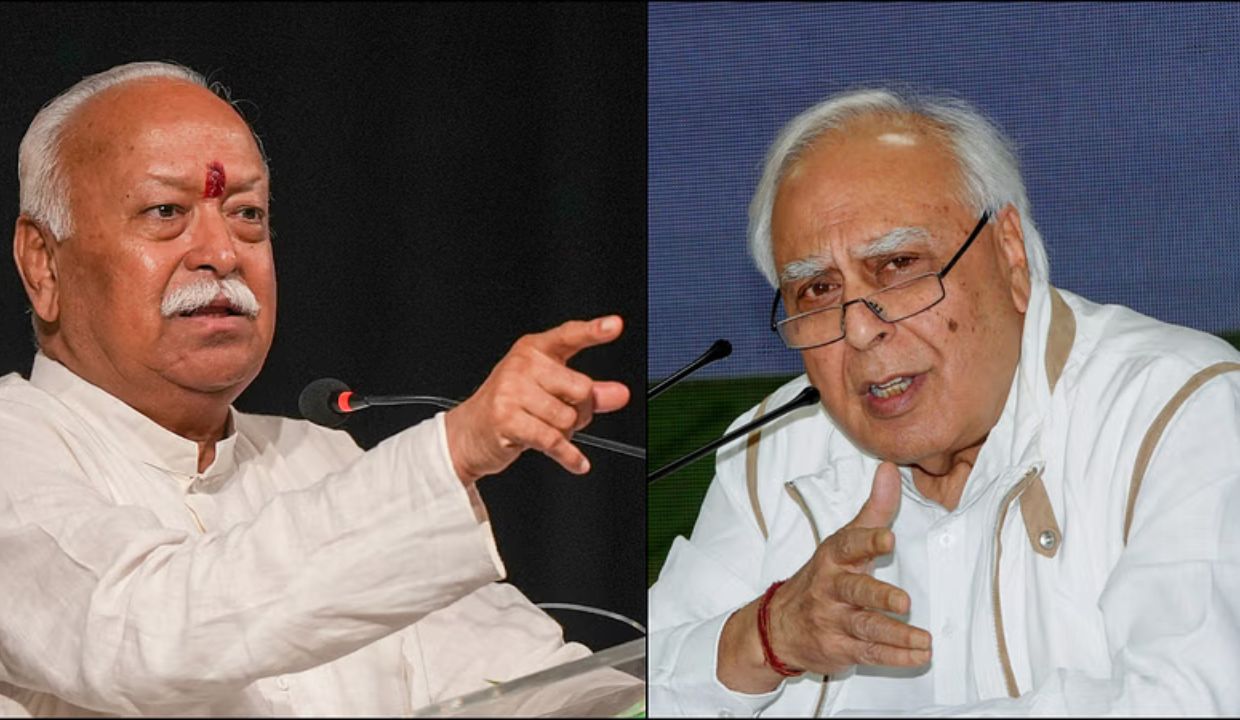


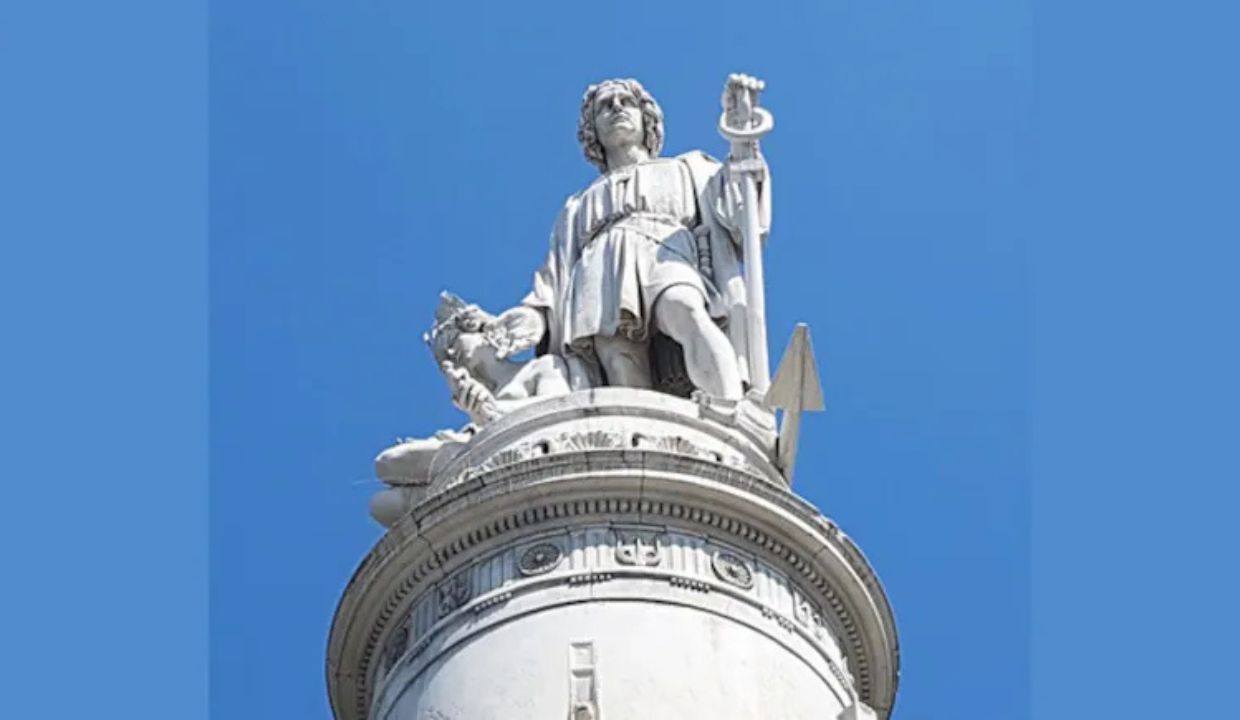






















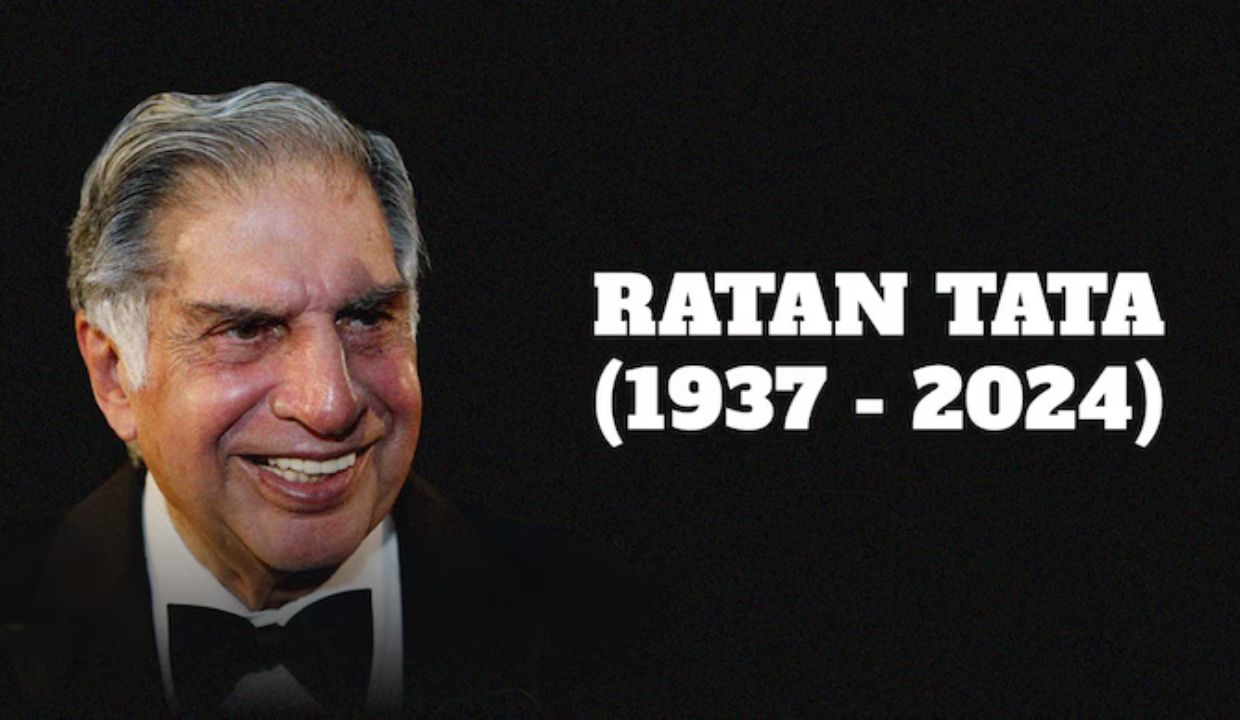























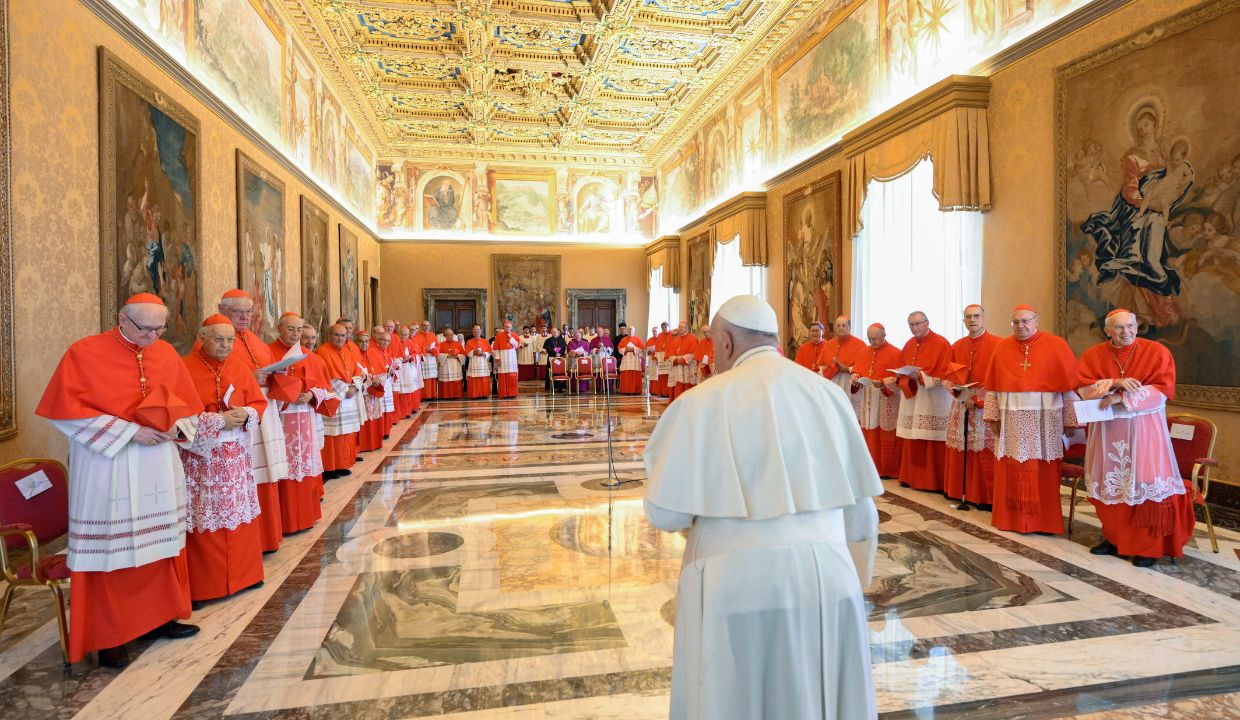















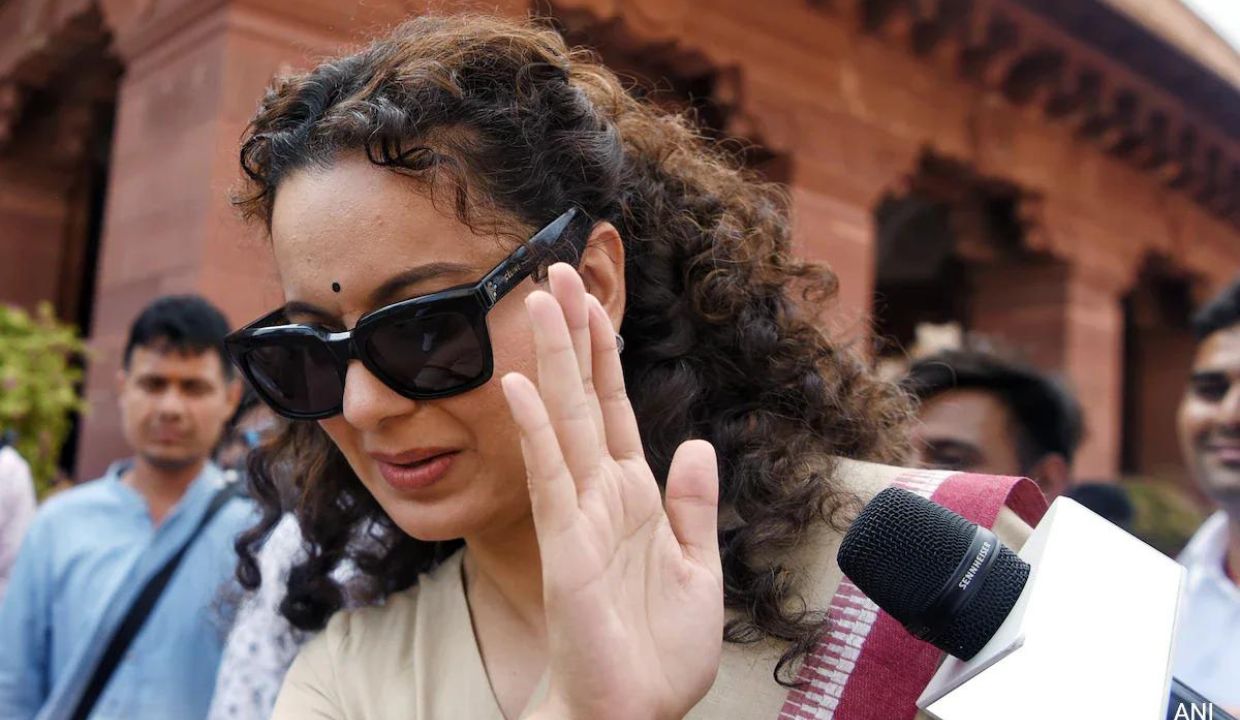










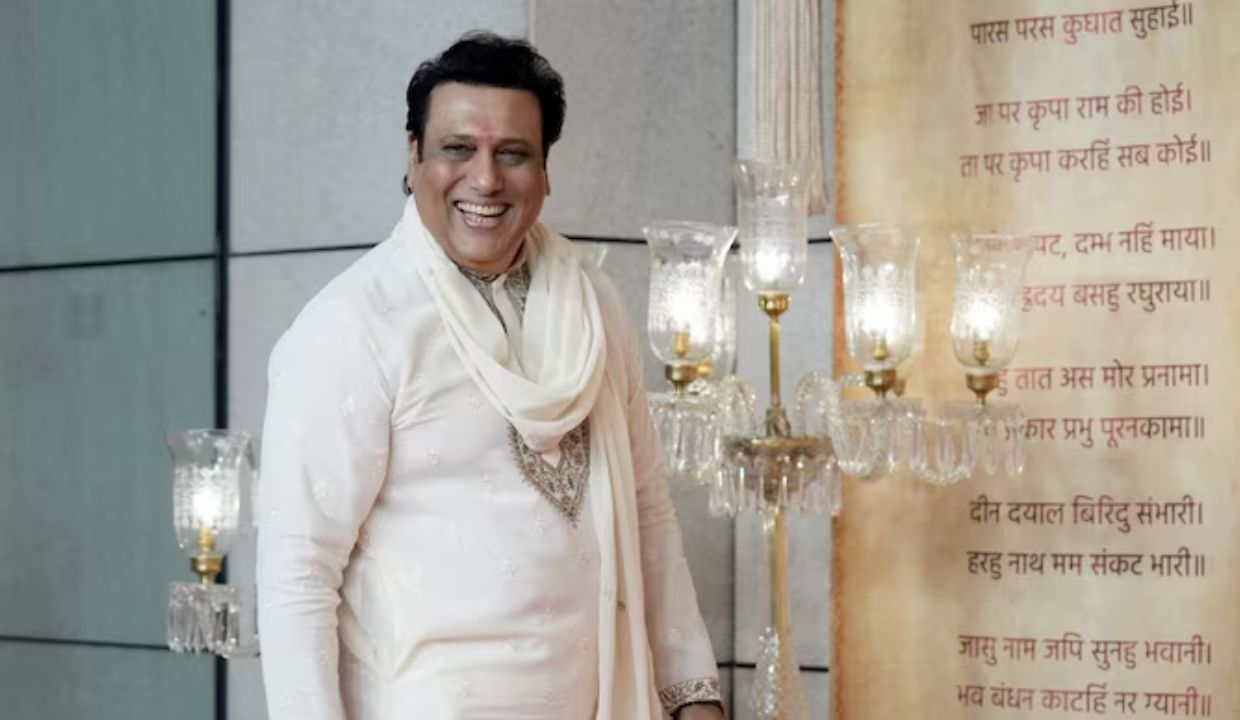









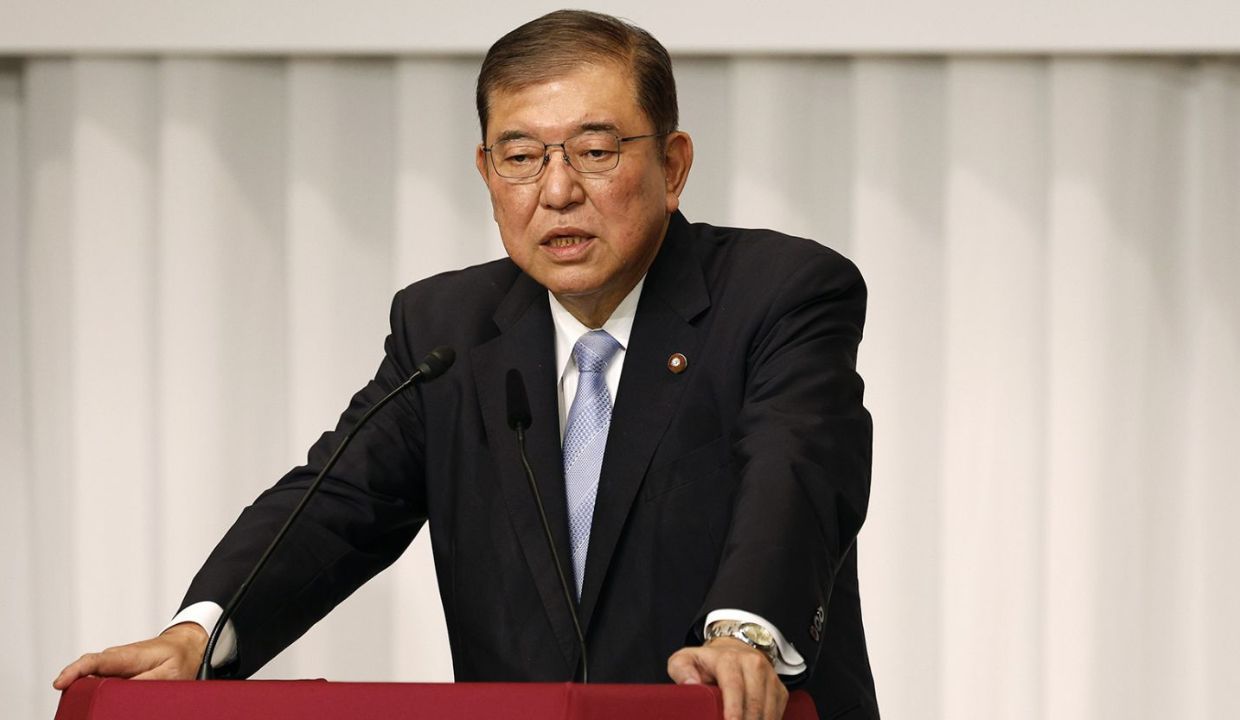




On this site, find an extensive selection internet-based casino sites. Interested in traditional options or modern slots, there’s a choice for every player. Every casino included checked thoroughly for trustworthiness, so you can play with confidence. <a href="https://futurefly-whitetiger.com">vavada</a> Moreover, the site offers exclusive bonuses plus incentives for new players and loyal customers. With easy navigation, discovering a suitable site is quick and effortless, saving you time. Stay updated regarding new entries with frequent visits, because updated platforms are added regularly.
Questa pagina rende possibile l’ingaggio di lavoratori per compiti delicati. Gli interessati possono selezionare operatori competenti per missioni singole. Le persone disponibili sono selezionati con severi controlli. <a href="https://sonsofanarchy-italia.com">ordina omicidio</a> Attraverso il portale è possibile visualizzare profili prima di assumere. La qualità è la nostra priorità. Contattateci oggi stesso per affrontare ogni sfida in sicurezza!
This website, you can discover a great variety of casino slots from top providers. Users can experience classic slots as well as feature-packed games with vivid animation and exciting features. If you're just starting out or a seasoned gamer, there’s a game that fits your style. <a href="https://windlounge.de/">slot casino</a> All slot machines are ready to play anytime and compatible with PCs and smartphones alike. All games run in your browser, so you can get started without hassle. Site navigation is intuitive, making it quick to browse the collection. Register now, and dive into the thrill of casino games!
This website makes available a large selection of medical products for home delivery. Users can securely order needed prescriptions from anywhere. Our inventory includes standard treatments and targeted therapies. Each item is sourced from reliable pharmacies. https://www.pinterest.com/pin/879609370963840808/ We prioritize quality and care, with data protection and prompt delivery. Whether you're managing a chronic condition, you'll find safe products here. Explore our selection today and experience trusted support.
Here, you can discover a great variety of online slots from leading developers. Visitors can try out traditional machines as well as feature-packed games with vivid animation and exciting features. If you're just starting out or a seasoned gamer, there’s always a slot to match your mood. <a href="https://windlounge.fr/">casino games</a> The games are ready to play round the clock and compatible with desktop computers and mobile devices alike. No download is required, so you can start playing instantly. Platform layout is user-friendly, making it quick to browse the collection. Join the fun, and discover the world of online slots!
The site makes available many types of prescription drugs for ordering online. Customers are able to easily access health products from your device. Our product list includes popular medications and specialty items. Each item is supplied through verified pharmacies. https://community.alteryx.com/t5/user/viewprofilepage/user-id/577590 We prioritize quality and care, with encrypted transactions and timely service. Whether you're treating a cold, you'll find safe products here. Begin shopping today and enjoy trusted access to medicine.
On this platform, you can access lots of casino slots from leading developers. Users can experience retro-style games as well as feature-packed games with vivid animation and exciting features. Whether you’re a beginner or a seasoned gamer, there’s something for everyone. casino slots The games are ready to play anytime and designed for laptops and smartphones alike. All games run in your browser, so you can get started without hassle. Platform layout is easy to use, making it convenient to browse the collection. Sign up today, and enjoy the excitement of spinning reels!
This website, you can discover lots of slot machines from leading developers. Users can try out retro-style games as well as new-generation slots with stunning graphics and bonus rounds. Even if you're new or a casino enthusiast, there’s always a slot to match your mood. money casino The games are instantly accessible anytime and compatible with laptops and tablets alike. All games run in your browser, so you can start playing instantly. Site navigation is intuitive, making it quick to browse the collection. Register now, and discover the thrill of casino games!
Suicide is a tragic topic that affects many families worldwide. It is often linked to mental health issues, such as anxiety, stress, or addiction problems. People who consider suicide may feel overwhelmed and believe there’s no hope left. https://how-to-kill-yourself.com It is important to spread knowledge about this subject and support those in need. Mental health care can reduce the risk, and talking to someone is a brave first step. If you or someone you know is struggling, don’t hesitate to get support. You are not without options, and support exists.
Здесь вы можете найти разнообразные онлайн-слоты. Мы собрали ассортимент игр от популярных брендов. Любой автомат предлагает оригинальным дизайном, увлекательными бонусами и щедрыми выплатами. http://acogdocms.info/exploring-the-thrilling-world-of-online-casinos/ Вы сможете играть в демо-режиме или делать реальные ставки. Меню и структура ресурса интуитивно понятны, что делает поиск игр быстрым. Если вас интересуют слоты, данный ресурс стоит посетить. Попробуйте удачу на сайте — тысячи выигрышей ждут вас!
Suicide is a serious phenomenon that touches many families across the world. It is often associated with mental health issues, such as bipolar disorder, trauma, or addiction problems. People who contemplate suicide may feel isolated and believe there’s no solution. how-to-kill-yourself.com Society needs to spread knowledge about this subject and support those in need. Prevention can make a difference, and reaching out is a necessary first step. If you or someone you know is in crisis, get in touch with professionals. You are not without options, and there’s always hope.
Что такое BlackSprut? Сервис BlackSprut вызывает обсуждения широкой аудитории. В чем его особенности? Данный ресурс обеспечивает разнообразные опции для аудитории. Визуальная составляющая платформы отличается функциональностью, что делает его понятной без сложного обучения. Необходимо помнить, что данная система имеет свои особенности, которые отличают его в своей нише. Говоря о BlackSprut, стоит отметить, что определенная аудитория оценивают его по-разному. Многие отмечают его функциональность, а некоторые оценивают его более критично. В целом, эта платформа продолжает быть объектом интереса и удерживает заинтересованность разных слоев интернет-сообщества. Где найти работающий доступ на БлэкСпрут? Хотите найти свежее ссылку на БлэкСпрут? Это можно сделать здесь. <a href="https://bs2best.gdn">bs2best at</a> Иногда платформа меняет адрес, и тогда приходится искать актуальное ссылку. Обновленный адрес легко узнать у нас. Посмотрите актуальную ссылку у нас!